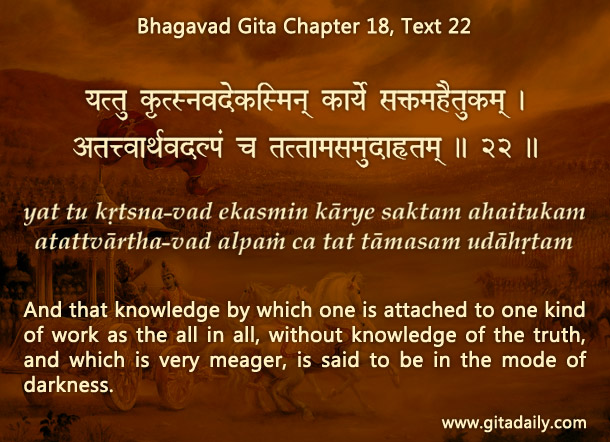Technology may change our world for the better but let it not change our worldview for the worse
We live in a world that has been dramatically transformed by technology, be it through electricity, airplanes or net connectivity. Many places whose extreme weather made them almost uninhabitable are now habitable because of technological aids such as artificial heating or cooling.
The changes technology brings in our world are tangible, but the changes it brings in our worldview are often intangible. Those intangible changes center on fostering the belief that we are controllers.
Technology increases our capacity to control our outer world, which is helpful as far as it goes. However, that increased capacity can make us entertain fantasies such as the following: technology can help us overcome every difficulty in life, go beyond mortality and make this material world a paradise. These beliefs are delusional because mortality and misery are intrinsic to the material body and material world we live in. Such delusional beliefs set us up for the mental health epidemic plaguing our world today – the more we expect to be controllers, the more we feel frustrated when we can’t control, thereby driving our mind mad.
Moreover, indiscriminate adoption of technology deters us from exploring anything beyond the material. Equating one narrow slice of reality with all of reality characterizes knowledge in the mode of ignorance (Bhagavad-gita 18.22). Thus, the age of technology traps us in the cage of materialism that fragments us from reality and frustrates us with our mortality.
Protecting us from a misleading materialistic worldview, Gita wisdom explains that we are, at our core, souls on a multi-life journey of spiritual evolution. The Gita’s holistic worldview explains our identity and destiny, and empowers us with a fulfilling life-purpose that utilizes everything, including technology.
Think it over:
- What beliefs can technology trigger within us?
- How can technology foster knowledge in the mode of ignorance?
- How can you harmonize your use of technology with life’s spiritual purpose?
***
18.22 And that knowledge by which one is attached to one kind of work as the all in all, without knowledge of the truth, and which is very meager, is said to be in the mode of darkness.
To know more about this verse, please click on the image
Explanation of article:
https://www.youtube.com/watch?v=eMfac-Ze-Yg&feature=youtu.be
Podcast:


Leave A Comment